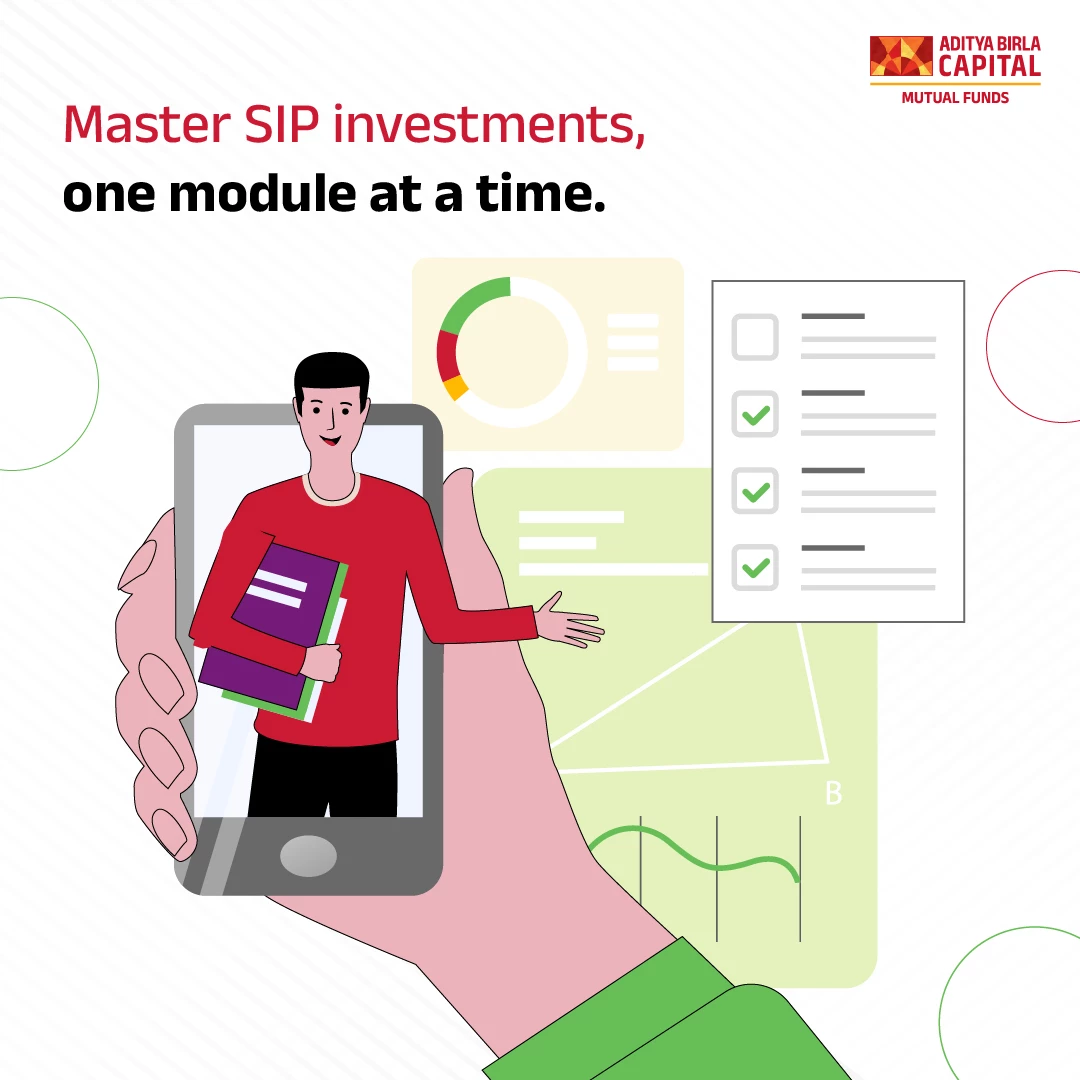Financial literacy refers to a person's understanding of personal finance management, including key elements like investing, banking, debt and budgeting. Wikipedia best describes financial literacy as “the possession of the set of skills and knowledge that allows an individual to make informed and effective decisions with all of their financial resources.” Having the right personal financial knowledge is invaluable information which helps you make the right decisions regarding your financial issues, financial health and financial future.
A financially literate person is better equipped to live a balanced, ethical, and responsible lifestyle and make wise financial decisions throughout their lifetime. According to studies, financial literacy significantly impacts a person's borrowing, investing, debt management, and saving behaviours.
How to become financially literate
Making wise financial decisions throughout your life requires financial literacy. It’s imperative that you make the time to educate and learn about personal financial management. This article will look at seven ways to increase your financial literacy and awareness.
1. Become budget-savvy
To become financially literate, one must first acquire budgeting skills.
When you have a strategy for your finances, you can spend your money wisely and save any excess for a rainy day. You won't be able to limit your spending without a budget, and as a result of your overspending, you will likely suffer the consequences if your income is unexpectedly reduced or eliminated.
You must first keep track of your monthly income before creating a budget plan. Then, you must outline all of your fixed costs, such as your mortgage or rent, utility bills, loan payments, etc., before including variable costs, such as food, entertainment, and other miscellaneous expenses. After keeping track of your significant expenditures, be careful to establish your financial objectives, such as saving for retirement or a rainy day. Financial goals may be divided into short-term (accomplished in less than a year) and long-term (may take longer than a year, such as retirement savings, etc.).
Once you've completed all these steps, make sure to formalize your plan and stick to it to attain financial wellness.
2. Identify your credit score
Every person who borrows money starts establishing a credit history and, the more consistent you are in making all required payments on time, the better your credit score. Lenders perceive borrowers as trustworthy when they make on-time credit bill payments. In India, a credit score is called the CIBIL score, and it is ranked on a scale between 300 and 900. A person with a high score is considered financially stable and timely in repaying debts, whereas a person with a low score is considered to be in danger of defaulting.
Your credit report, which is a summary of your financial position, is something you should be familiar with. By reviewing it, you can identify any mistakes or false entries in your credit report and, if necessary, take legal action to recover the damage. You should use this report to monitor your credit rating and, ultimately, focus on increasing your credit score.
3. Open an account for savings
Opening a savings account, and consistently putting money aside, is the best way to keep your money safe and secure. In addition, savings accounts may provide interest payments, insurance, and security.
There are numerous benefits to having a savings account. ATM cards, which allow you ready and easy access to your money, are portable, safer and more convenient than carrying cash in your wallet. Savings accounts are easy to open and secure and enable you to easily track how much money you have and are also spending.
4. Reduce loans as quickly as possible
It's critical to comprehend the significance of repaying your debts and loans. For most people, being debt-free is desired. If you have debt, which most people will at some point in their life, it’s imperative that you always make your monthly payments. Ultimately, you should aim to pay off your debts as quickly as possible. There are two methods for paying off debt quickly. The first is to determine which loan has the highest interest rate and pay it off first, thus lowering the overall amount of interest you pay. Another strategy to consider is to pay off your smaller bills first, then concentrate on the bigger loans.
5. Always plan for the unknown
It is essential to have emergency funds set aside in order to be prepared for unforeseen expenses. Many individuals suffer because they don’t leave a safeguard for the expected, like an unplanned expense or a health issue that impacts your income. Consider, for example, how many people experienced expected financial loss due to the COVID-19 catastrophe because they were unprepared and had no emergency reserve.
According to experts, you should keep a reserve of at least three to six months' worth of living expenditures. By being ready for unforeseen circumstances in this way, you can sometimes prevent a small financial problem from becoming a big one. For instance, if you lose your job, you should have enough money to cover your monthly costs until you can find a new one.
6. Safeguard your future
Additionally, it's crucial to be prepared for retirement. Although some people might believe it is too late for them to start, it is still better to start now than never. One of the most critical aspects of financial literacy is to create a customized retirement plan that enables you to reach your retirement goals.
The first step in retirement planning is to consider your age and desired retirement date. The next step is to decide how much you will need to spend during retirement on things like monthly bills, groceries, and medical expenditures. Next, determine if your retirement fund can produce the required income to enable you to not only get by but to achieve the kind of retirement that you have always dreamed of. Then, it’s time to start saving money and making suitable retirement investments to reach your goals.
7. Spend less money
You basically only have two options if you want to increase your savings. You can either consider making more income, by taking a second job, for example, or cut back on expenses, thus increasing your ability to save each month.
Cutting back on your expenses can seem difficult, but there are things you can do that will make a difference. Making a thoughtful food shopping list can help you cut costs. For instance, you should decide which items are most crucial and get them first. Extra treats can be saved for our next pay cheque. This method of spreading your spending across several pay cheques can assist you in saving. At the end of the day, cutting back on your expenditures will help you achieve your financial objectives more quickly and easily. It’s a perfect example of the saying “short-term pain for long-term gain”.
These are just some of the basic financial literacy concepts to get you started. As always, we encourage you to continually educate yourself about saving and investing, and how to get your money working harder for you every day.
An Investor education and Awareness initiative of Aditya Birla Sun Life Mutual Fund
All investors have to go through a one-time KYC (Know Your Customer) process. Investors to invest only with SEBI registered Mutual Funds. For further information on KYC, list of SEBI registered Mutual Funds and redressal of complaints including details about SEBI SCORES portal, visit link : https://mutualfund.adityabirlacapital.com/Investor-Education/education/kyc-and-redressal for further details.
Mutual Fund investments are subject to market risks, read all scheme related documents carefully







 1800-270-7000
1800-270-7000










